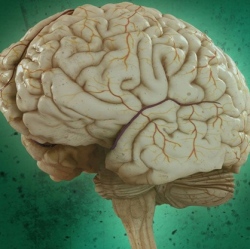
Scientists have made a "major step forward" in developing a blood test to predict the onset of Alzheimer’s disease. Research in more than 1,000 people has identified a set of proteins in the blood which can predict the start of the dementia with 87% accuracy. The findings will be used to improve trials for new dementia drugs.
Experts warned that the test was not yet ready for doctors’ surgeries. Research into treatments for Alzheimer’s disease has been plagued by failure. Between 2002 and 2012, 99.6% of trials aimed at preventing or reversing the disease flopped. Doctors believe the failure is down to treating patients when it is already too late, since symptoms appear around a decade after the start of the disease.
Identifying patients earlier is one of the priorities for dementia research. The research group, which combines university and industry scientists, looked for differences in the blood of 452 healthy people, 220 with mild cognitive impairment and 476 with Alzheimer’s disease. They were able to tell with 87% accuracy which patients with mild cognitive impairment would go on to develop Alzheimer’s disease in the next year.
"We want to be able to identify people to enter clinical trials earlier than they currently do and that’s really what we’ve been aiming at," said lead researcher Prof Simon Lovestone from the University of Oxford.
